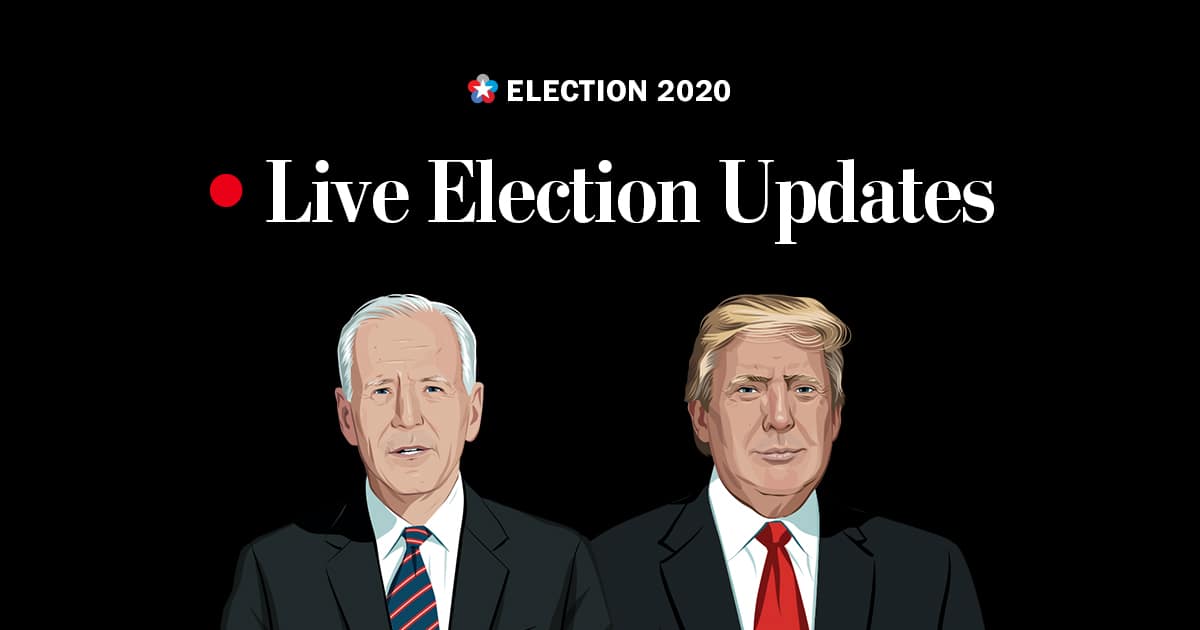Live updates: Biden to speak virtually with governors on pandemic as Trump presses legal challenges

November 19, 2020 at 9:25 AM EST
Graham dismisses ethics complaint, calls to resign over Georgia ballot conversations
By John Wagner and Amy Gardner
A defiant Sen. Lindsey O. Graham (R-S.C.) on Thursday dismissed both an ethics complaint and calls for him to resign in the wake of conversations in which he allegedly pressured Georgia’s secretary of state to toss legally cast ballots.
“Don’t let the liberal left and the media intimidate conservatives,” Graham said during an animated appearance on Fox News’s “Fox & Friends.” “I’ve had it with the media. They come after me every day. Every time I wake up, I get an ethics complaint filed against me by some liberal group out there. It’s not going to work. I’m not going to shut up. I’m not going to resign. I am going to fight.”
A complaint filed Wednesday with the Senate Select Committee on Ethics urges the panel to investigate Graham’s conversations with Georgia Secretary of State Brad Raffensperger (R) in which he allegedly urged Raffensperger to try to discount all absentee ballots in counties with high signature-matching rejection rates.
During his television appearance, Graham strongly objected to Raffensperger’s characterization of what Graham was seeking.
“We never talked about him throwing out ballots,” Graham said. “I can’t explain that guy. I can’t explain what makes him tick.”
Graham said his concern centers on a significantly lower rejection rate in Georgia than four years ago of mail-in ballots where a signature on the ballot did not match the signature on the envelope.
“This is a big deal. Liberals don’t want me talking about it,” Graham said, adding that he remains hopeful that a judge could still come up with a remedy favorable to Trump, who trails Biden in Georgia votes.
The ethics complaint was signed by Claire Finkelstein, faculty director of the Center for Ethics and the Rule of Law at the University of Pennsylvania; Richard Painter, a law professor at the University of Minnesota and President George W. Bush’s chief ethics lawyer; and Walter Shaub, former director of the Office of Government Ethics.






